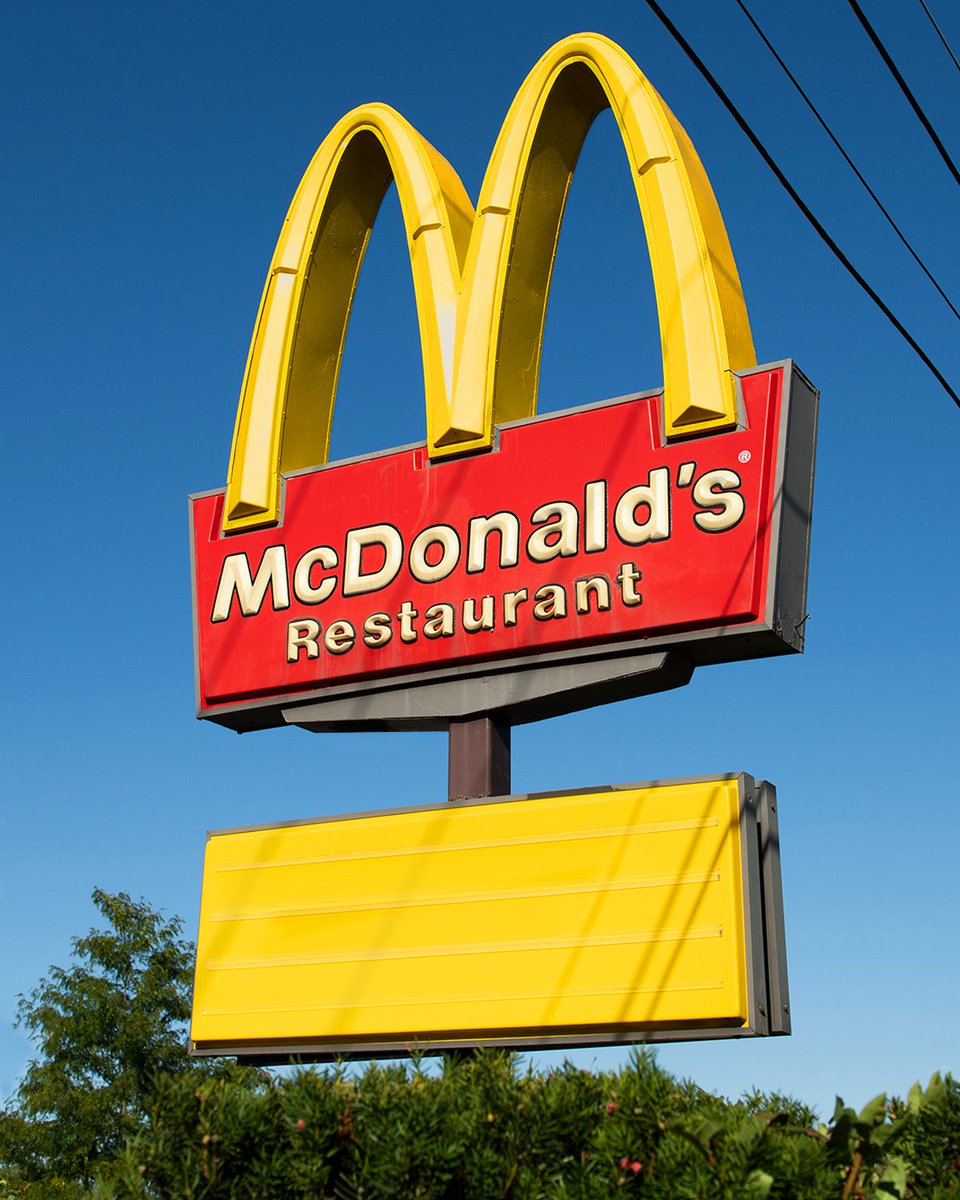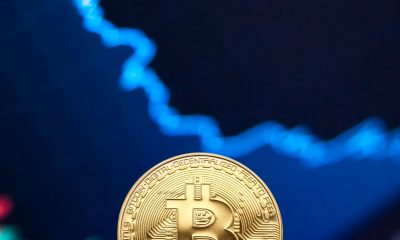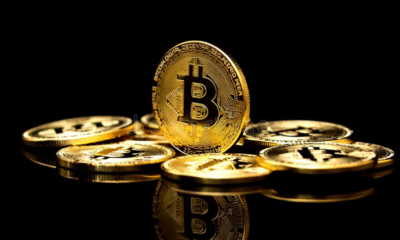
After El Salvador formally recognized Bitcoin as a legal tender, the leading crypto asset became a means of payment in the country. Bitcoin as a means of payments opened up new options for local Salvadorians, allowing them to pay for fees, and bills using the crypto asset. Even the fast-food empire of McDonald’s has joined the bandwagon in accepting Bitcoin payments, but only in El Salvador.
The news of McDonald’s accepting Bitcoin payments was revealed by Journalist Aaron van Wirdum on Twitter. He explained his experience in the fast-food joint in El Salvador, stating that McDonald’s was accepting the crypto payment through the Lighting Network. He added that the restaurant workers presented him with a QR code that directed him to an invoice page on Lightning Network, which made for convenient means of payments. The fast-food empire has built over 19 locations in El Salvador as of 2019.
Lighting Network is a two-layered payment protocol designed to accept facilitate Bitcoin transactions and make it more scalable. While the leading crypto asset has been accepted as an investable asset, its recognition as a medium of exchange is still limited to a degree, implying that Bitcoin adoption and payments are in grey.
Lightning Network will prove to be an invaluable protocol if the Latin American country is determined to achieve its goal of adding the leading crypto asset into the mainstream and streamlining Bitcoin payments in the state. El Salvador’s Bitcoin recognition decision will not only facilitate the local transaction demands but also streamlining global remittances. In doing so, the wealth of the state’s citizens would increase significantly, and attract crypto investors to the country from around the world.
The ongoing adoption of Bitcoin and its utility as a means of payments were at the core of Satoshi Nakamoto’s whitepaper in 2008, where bitcoin was described as electronic cash and a medium of exchange. Though it should be noted that Nakamoto’s forums and correspondents use the words “cash” and “gold” synonymously.
The president of El Salvador, Nayib Bukele, confirmed that the Salvadorian government had bought its first 200 Bitcoins on Tuesday. The government made more purchases as of Tuesday and currently holds 550 Bitcoin in its reserves.
El Salvador implemented a new Bitcoin Law, which proved to be a classic case of the ‘buy the rumour and sell the fact’ event for the market.









